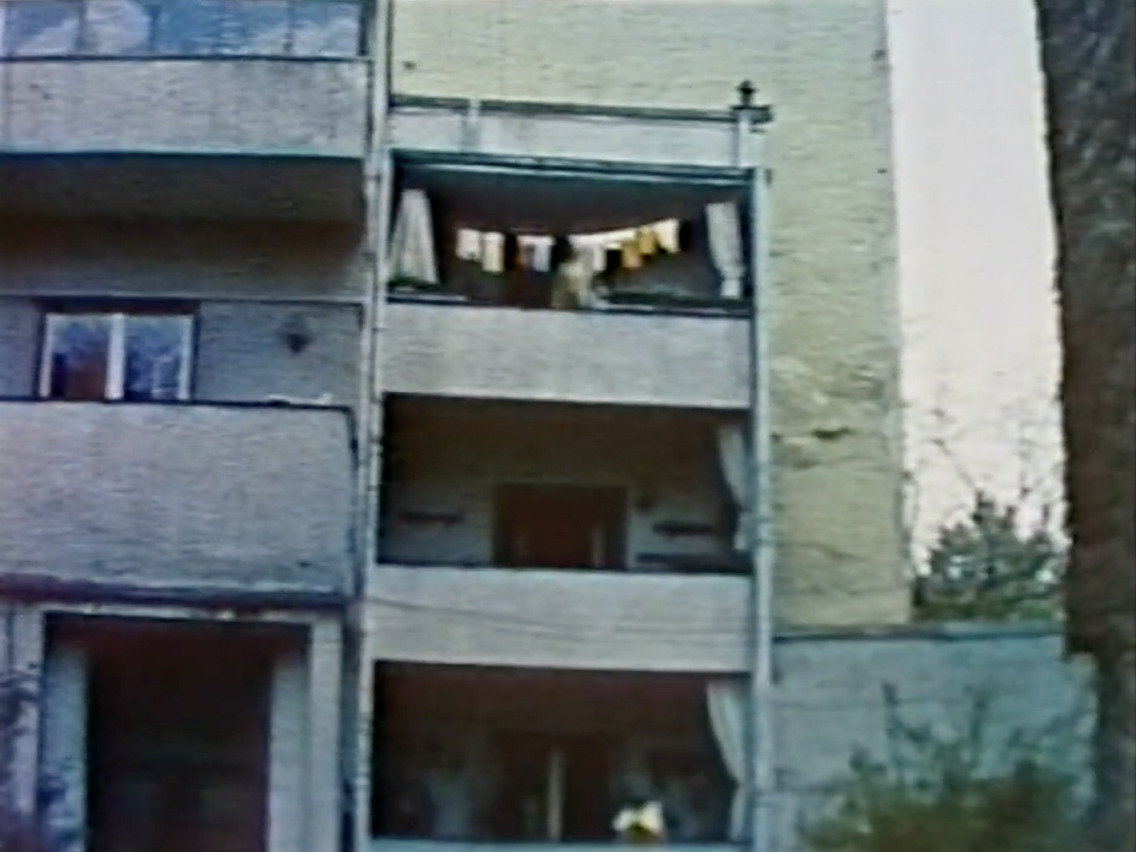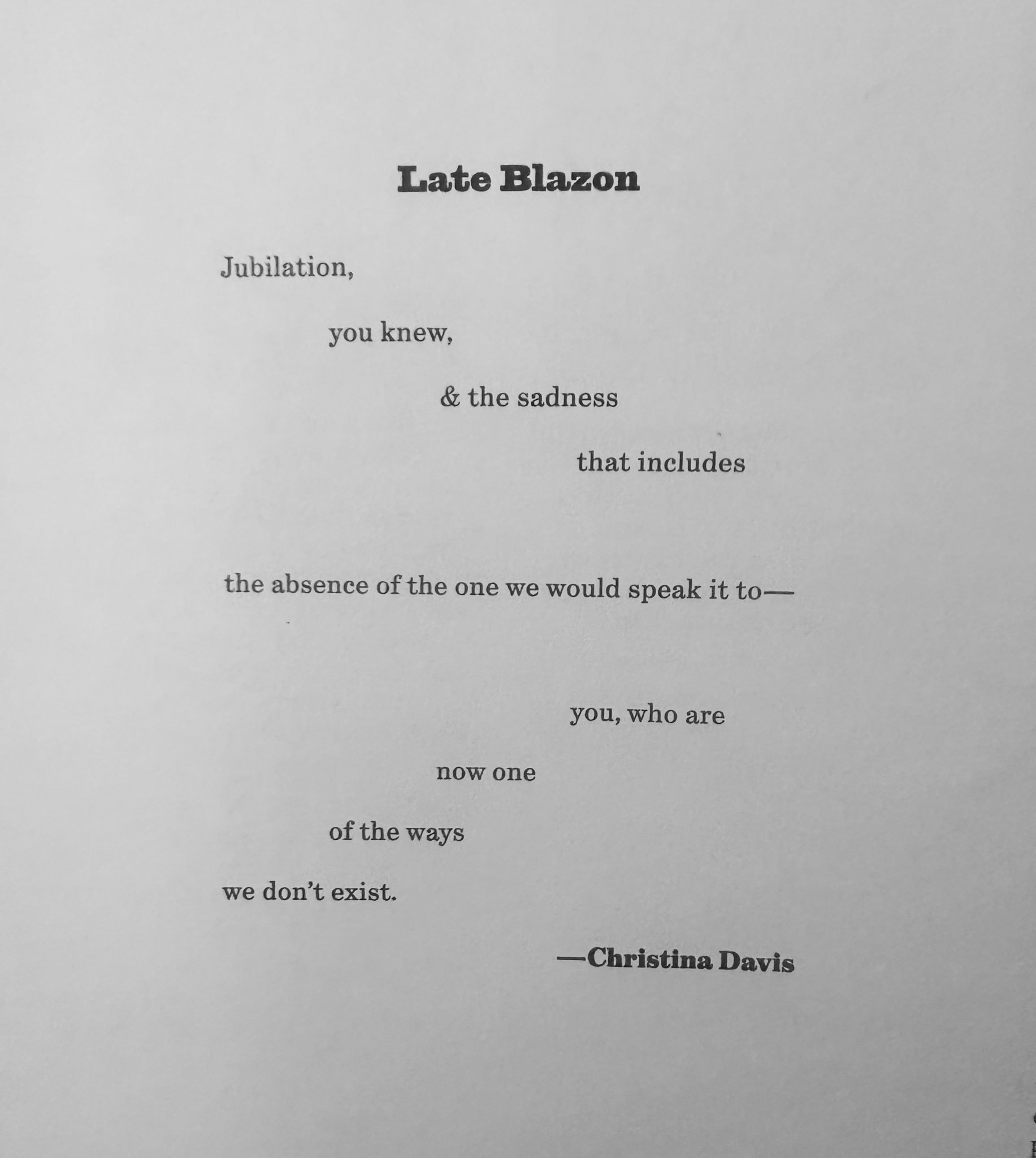“What we have is everything around us, and it is sufficiently creative and weird all by itself.”
— Jairus Grove
George Enescu’s Piano Suite No. 2 in D Major, Op. 10 “Des cloches sonores": II. Sarabande: Noblement . . .
The sarabande held my attention last night, due to my appetite for bells, or sounds associated with pigeons on landscapes. I stared at the photos of my “first house,” so to speak, the apartment in Bucharest where I lived out my earliest years in the care of my grandparents.
The dreariness, to me, is charming; it aligns with the feeling of lost time, a sense of lateness within the future anterior itself, a motion that shapes this “Late Blazon” by Christina Davis—
Metronomes help musicians “keep time” when preparing for a performance. Our own metronome abandoned his space on the black piano to seek the markings of college, as pianists and humans and pigeons must do. But Man Ray was onto something when he clipped the woman’s eye to the “Object of Destruction” —
A Wasteland Sonnet
I am saved by love the way the fisherman
In the myth is cured by that knowledgeable knight
Who step by step and counter to his ban
Works a unique and superstitious rite
That frees the waters, and suddenly they run
Through the fisherman’s country and the silver blight
Quits his wheat, and his dry herds begin
To calve, and the king himself to govern right.
This is the way throughout my sick estate
Where love effects its ruthless cure of will;
The will restored restores the whole to health.
Finish the working of your arcane rite,
Stay with me just this lifetime, or until
None can maim me, even I myself.
William Meredith
Bunicu, addressing my father from the balcony of the home where I would spend the first few years of my life in Bucharest.
“Writing or saying the truth is equivalent to death, since we cannot tell the truth. It is in every way forbidden because it hurts everyone. We never say the truth, we must lie, mostly as a result of two needs: our need for love and cowardice. The cowardice of love but also love's courage. Cowardice and courage are so close that they are often exchanged. Cowardice is probably the strange, tortuous path of courage.
Love is tortuous. So it is only at the very last page of a book that we perhaps get a chance to say what we have never said, write what we have never written all our lives, i.e., the most precarious, the best, in other words, the worst. I have respect and admiration for those writers who, in their lifetime, have approached that point where cowardice and courage are so close to each other they might fly into the flames if they were to say one word more. This is what Tsvetaeva describes, the point that I call the truth and which she calls the magical words in writing.”
— Helene Cixous, Steps Up the Ladder of Writing










